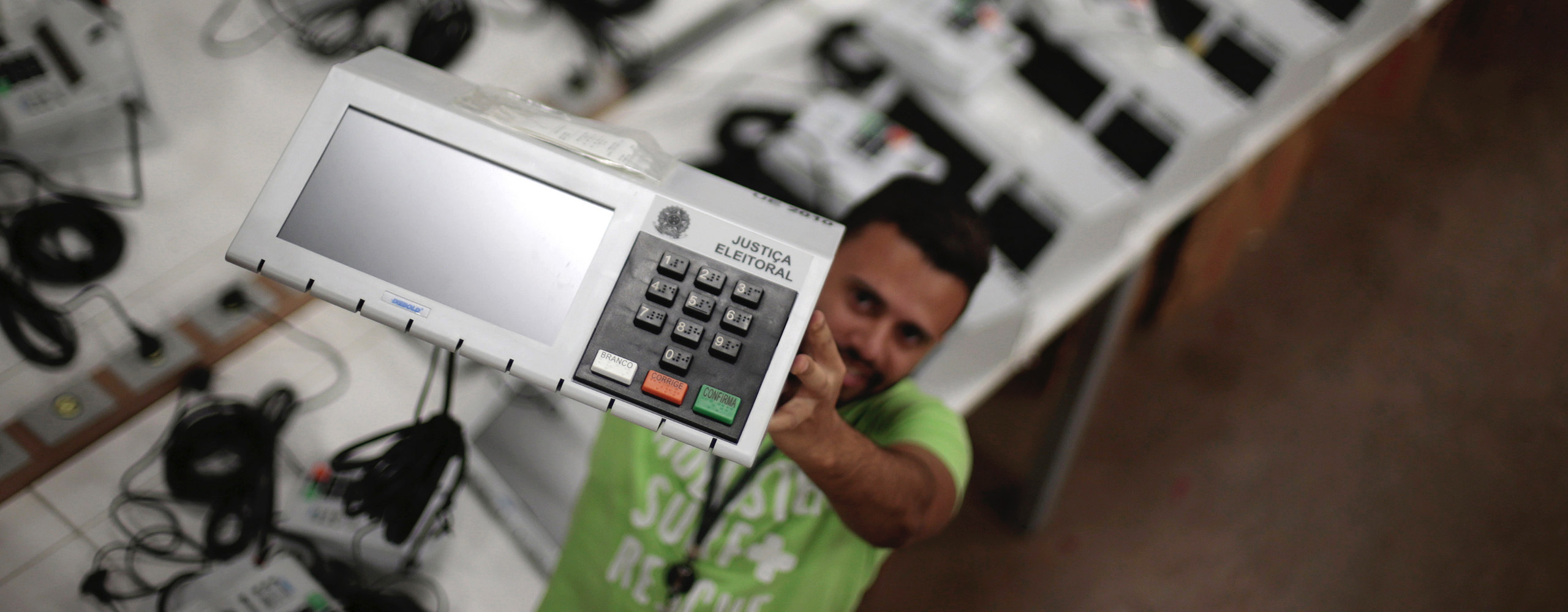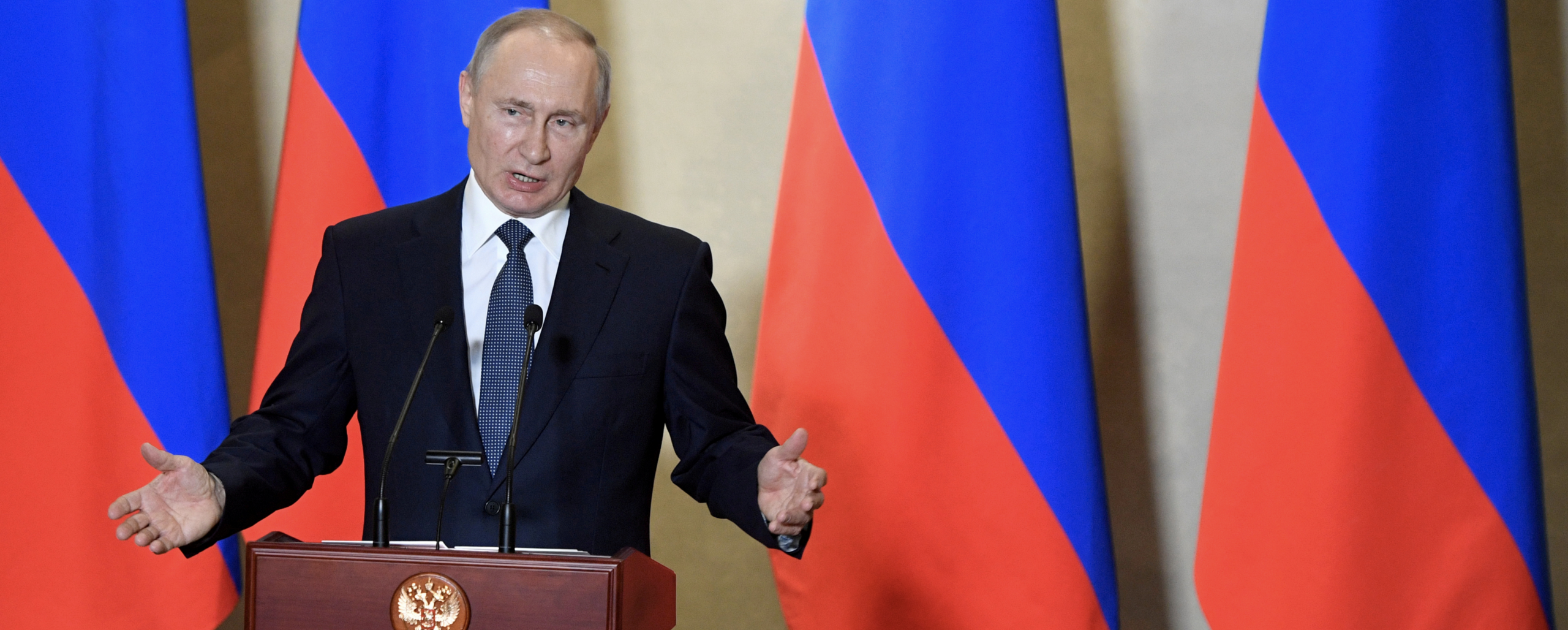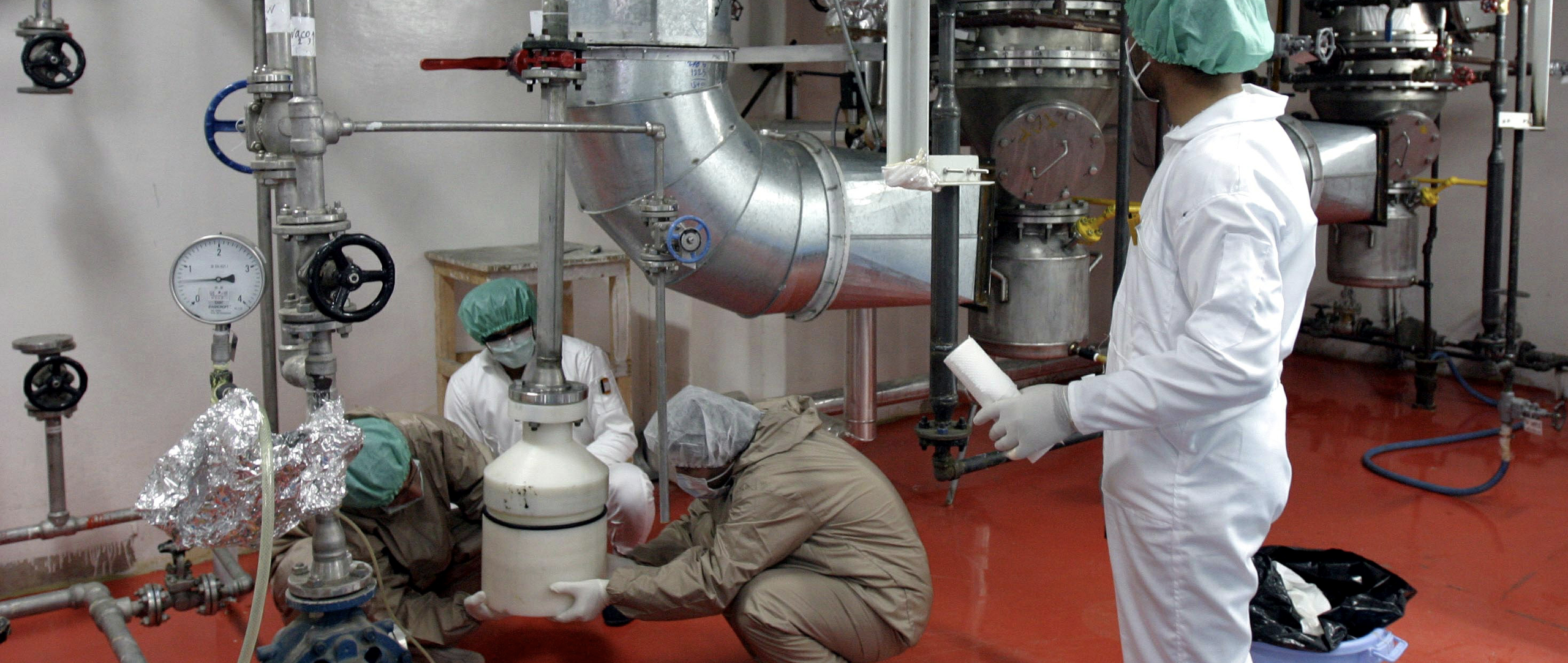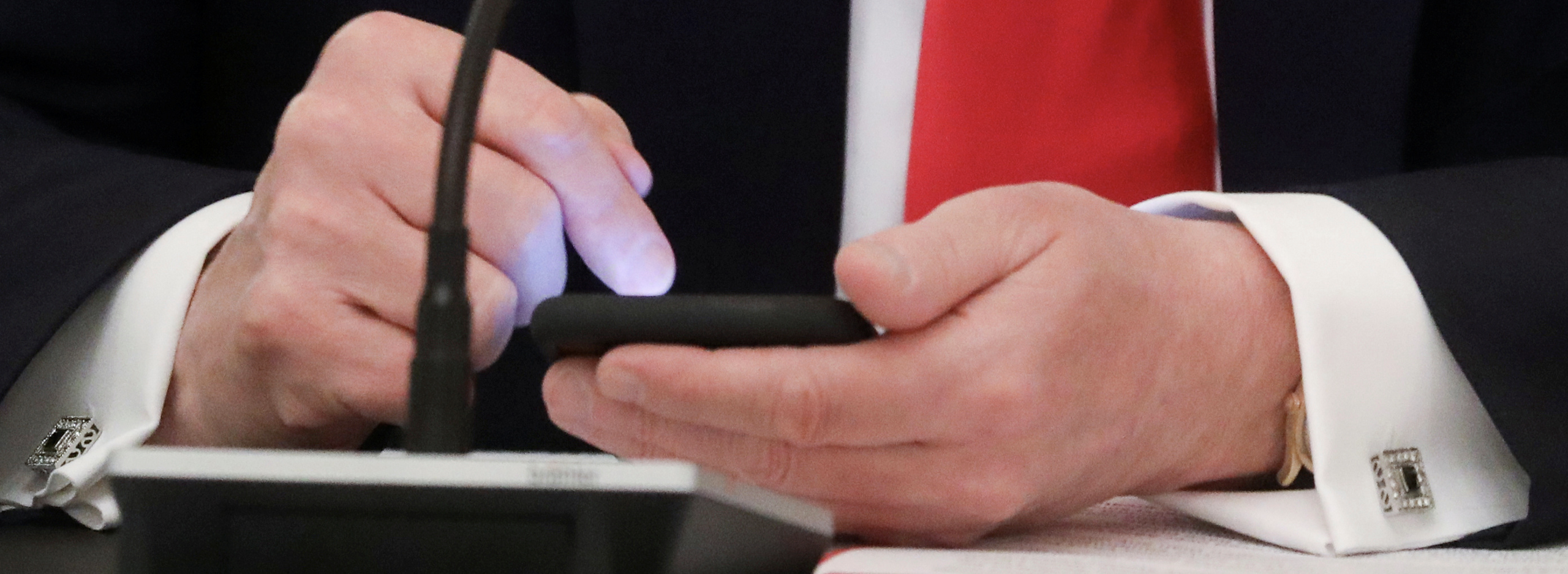Content
Tue, Oct 20, 2020
Well-known disinfo spreader on YouTube reappears ahead of Brazilian local elections
YouTube channel peddling electoral disinfo and
Thu, Sep 24, 2020
Facebook takes down assets linked to Russian disinformation outlet
The social network removed content connected
Thu, Sep 24, 2020
Disinformation campaign removed by Facebook linked to Russia’s Internet Research Agency
Group affiliated with notorious Russian troll
Tue, Sep 8, 2020
Kremlin commentators smear Belarus opposition leaders
Online ecosystem of pro-Kremlin sources amplified
Tue, Sep 1, 2020
Pro-Kremlin media misrepresent Belarusian opposition’s policy platform
An “anti-Russian” national security reform agenda
Tue, Sep 1, 2020
Pro-Lukashenka Telegram channels amplify disinformation
Telegram channels deploy anti-protester narratives to
Thu, Jul 30, 2020
Pro-Kremlin platforms go on the offensive after investigation into Russian bounties on U.S. troops
At least five narratives emerged on
Tue, Jul 28, 2020
DFRLab Joins U.S. Election Integrity Partnership
The Atlantic Council’s Digital Forensic Research Lab (DFRLab) is proud to join other industry leading organizations in the Election Integrity Partnership.
Fri, Jul 24, 2020
What the Natanz explosion signaled to Iran’s disinformation apparatus
By using fictitious front groups to
Fri, Jun 19, 2020
Op-Ed: Political campaigns should reject engaging in disinformation
Campaigns should implement rigorous standards to
Tue, Apr 21, 2020
Infowars, resurrected: how the conspiracy site evaded a cross-platform ban
Social platforms previously banned far-right personality
Fri, Apr 3, 2020
Op-Ed: The Kremlin’s reputational losses do not mean that the West is winning the information war
Even countries with low pro-Kremlin sentiment













